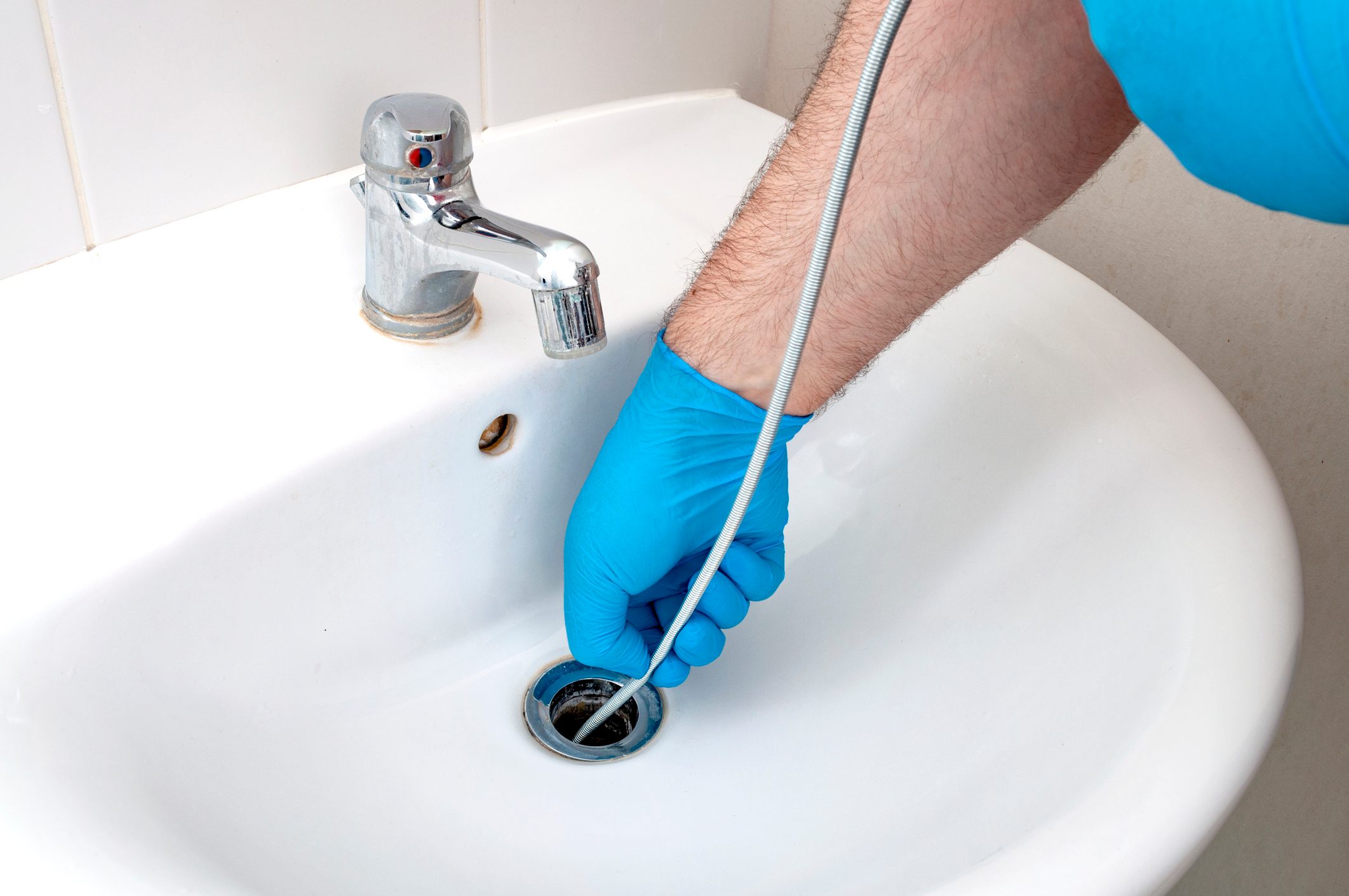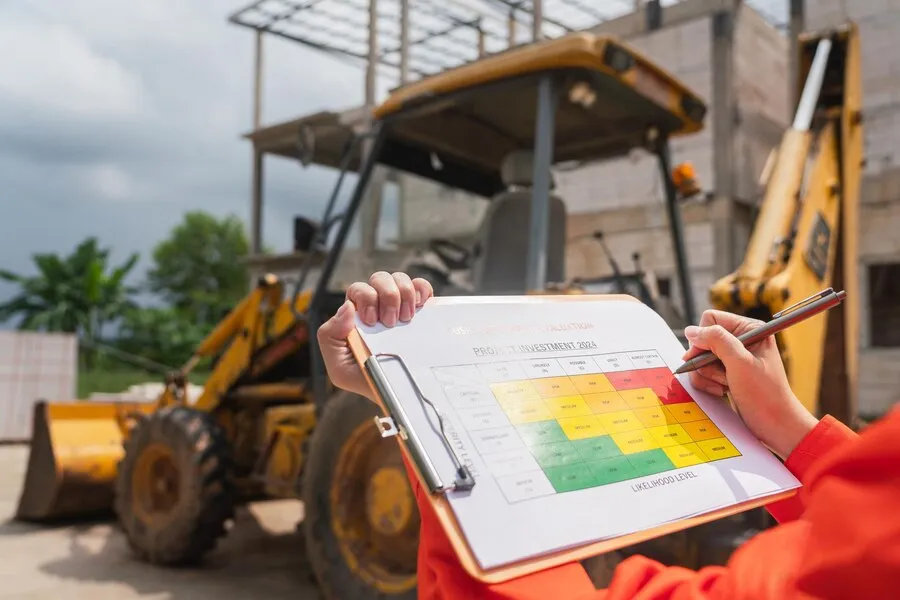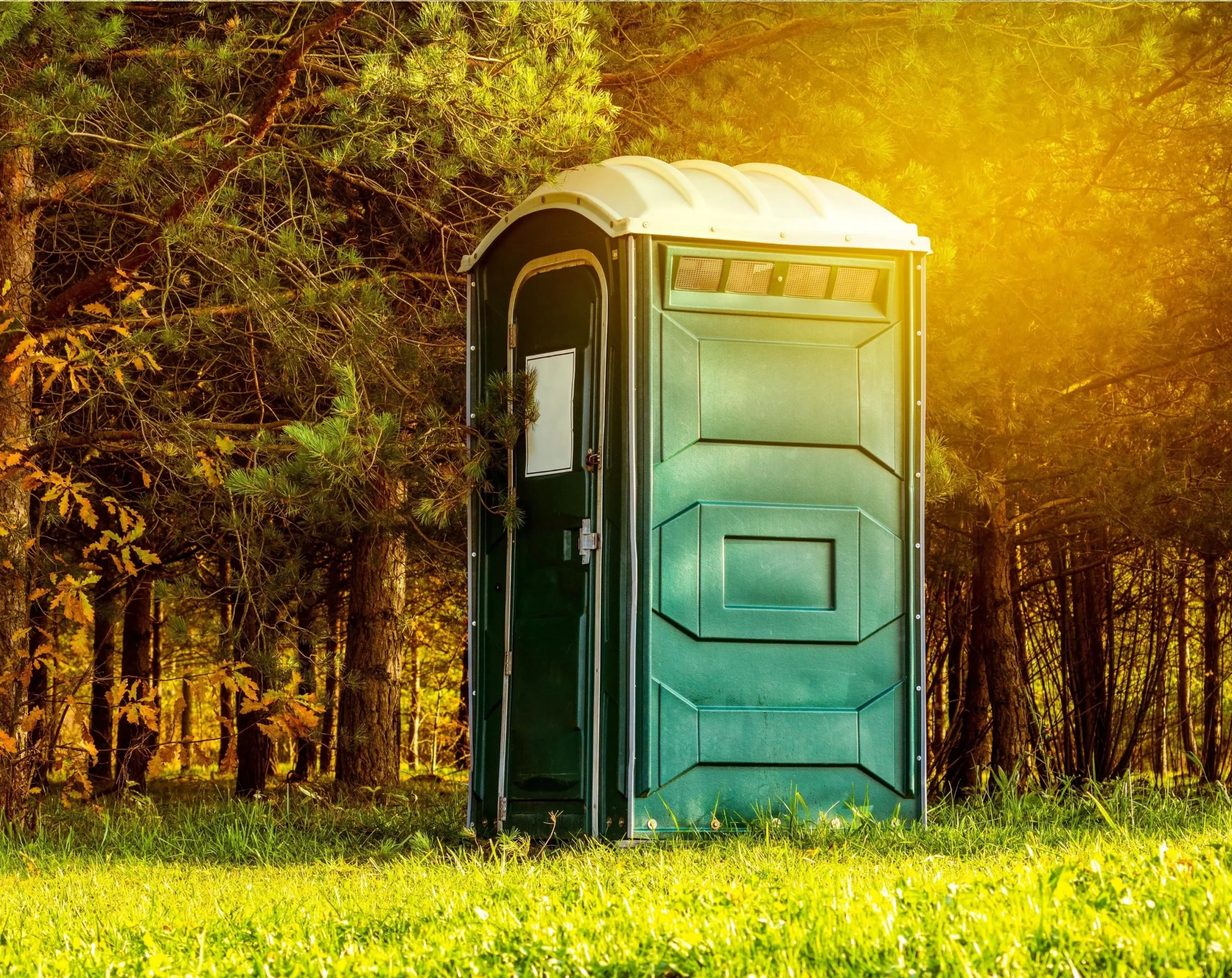Unclogging a drain is a common household dilemma; many homeowners use DIY solutions. While some methods are safe and effective, others can cause more harm than good. Understanding how to unclog a drain safely can save you time, money, and potential headaches. This article highlights safe and unsafe DIY home plumbing tricks, helping you choose the best ways to handle clogged drains. The safety of your home and plumbing system is paramount, and equipping yourself with the proper knowledge can make a significant difference.
Safe DIY Plumbing Tricks
Hot water and dish soap are effective methods for unclogging drains, particularly for grease-related issues in kitchen sinks. Boiling water and mixing dish soap with hot water dissolve grease and food particles while baking soda and vinegar break down debris. This eco-friendly and non-toxic solution is a significant first step. Plungers are also versatile tools for minor clogs in sinks, bathtubs, and toilets. To avoid cross-contamination, use a separate plunger for each type. These methods can handle various clogs, making them a versatile solution for any household.
Unsafe DIY Plumbing Tricks
Chemical drain cleaners might seem like a quick fix, but they can be hazardous to your plumbing system and health. These products often contain harsh chemicals that can corrode pipes over time, leading to leaks or bursts. Moreover, chemical drain cleaners typically offer a temporary solution, failing to address the root cause of the clog. When misused, they can release toxic fumes, posing significant health risks. In some cases, mixing different chemical cleaners can result in dangerous reactions. Therefore, it’s best to avoid these products and consider safer alternatives.
While household items can be handy in a pinch, using a metal hanger to fish out clogs is risky and can do more harm than good. Metal hangers can scratch or damage your pipes, leading to more significant issues. Additionally, a metal hanger lacks the flexibility of a plumbing snake, making it challenging to navigate pipes without causing damage. The last thing you want is to create a more significant problem like a punctured pipe, which could result in
expensive repairs and water damage. Opt for proper plumbing tools instead, which are designed to handle such tasks safely.
Applying too much force with plungers or other tools can lead to pipe damage. While it’s essential to clear the clog, excessive pressure can stress and eventually rupture your plumbing. High-pressure tactics can push clogs deeper into the plumbing system, making them harder to reach. Over time, this can exacerbate the problem, leading to more severe blockages and potential water leaks. For instance, using high-pressure water jets can cause significant structural damage within your plumbing system. Always use a gentle approach and increase pressure gradually to avoid these risks.
Professional Help: The Best Option
Sometimes, DIY methods aren’t sufficient, and that’s okay. Knowing when to call a professional plumber can save you from potential damage and costly repairs. Professional plumbers have specialized tools and expertise to diagnose and fix problems efficiently. They can handle more complex issues like root intrusions or severe blockages that DIY methods can’t resolve. Moreover, professionals can offer preventative advice to keep your plumbing system in shape, helping you avoid future issues. Regular maintenance from a plumber can prolong the lifespan of your plumbing and ensure everything runs smoothly.
Summary of Key Points
- To tackle minor clogs, use safe DIY methods, such as hot water and dish soap, baking soda, vinegar, or a plunger.
- Avoid risky methods involving chemical drain cleaners, metal hangers, or excessive force, as these can cause more harm than good.
- Don’t hesitate to seek professional help to ensure your plumbing system remains intact and functional.
Also Read: Fire Safety at Home: Prevent Damage, Recover Faster
Additional Resources
For more information on plumbing safety and maintenance, consult reputable sources like HGTV or your local public utilities commission. Staying informed and proactive can save you time, money, and headaches. By staying educated and aware, you can make better decisions about handling clogs and efficiently maintaining your home’s plumbing system.




